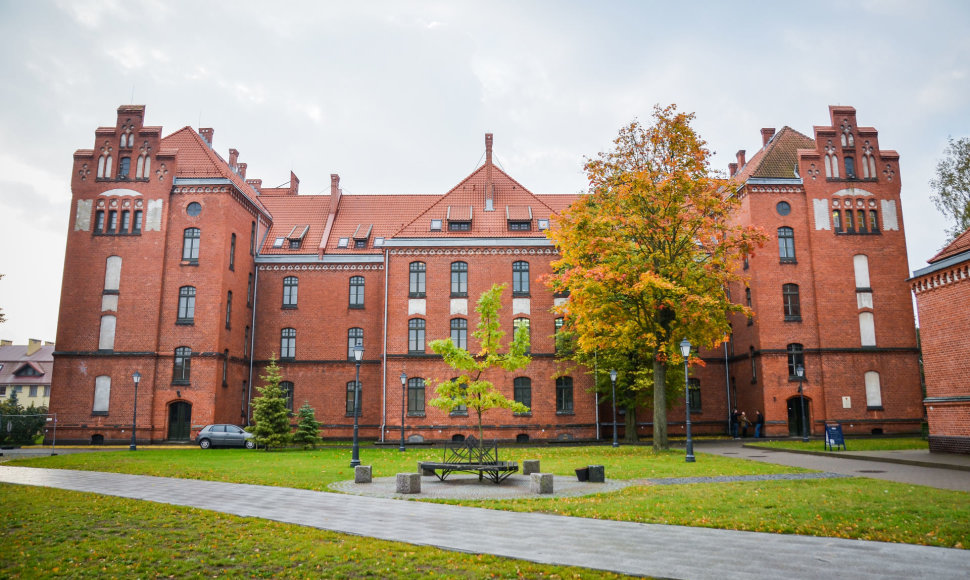After discussing terms for several months, it was agreed to implement a five-year-long environmental protection action programme, which is oriented toward creating long term value.
“In order to uphold the promise given to society to finance research for establishing the condition of water in the Curonian Lagoon and for implementing environmental protection social initiatives, we sought partners of flawless reputation and the highest competences. We value Klaipėda University’s achievements in environmental protection; thus we invited the university to cooperate in seeking to improve water quality in the Curonian Lagoon and Baltic Sea, to protect the resources held by them, as well as safeguard rare and endangered species together with their habitats.
We have no doubt that Klaipėda University specialists can best evaluate the need for environmental protection activities in our region and help resolve core issues. As such, we hope for efficient, sustainable and productive cooperation,” Tomas Eikinas, managing director at Grigeo Klaipėda, says.
In consideration of how Lithuania is currently already performing numerous environmental condition studies, Klaipėda University has proposed to create new pollution-reducing technologies and implement monitoring systems. There will also be a significant emphasis placed on environmental protection education.
Klaipėda University and Grigeo Klaipėda have agreed on the development of three programmes. The first is air pollution (industrial and transport pollution, volatile organic compound pollution) monitoring system creation and implementation in Klaipėda city. The second – the creation of a new generation of pollutant, including phenol and pharmaceutical substance, sewage cleaning technology solutions. The third – providing support for Klaipėda region’s historical heritage and culture, for resolving pertinent social, economic and ecological problems.
According to Klaipėda University rector, prof. Dr Artūras Razbadauskas, when suggesting areas of research, the university oriented itself toward creating long term value and the contemporary environmental protection problems the region faces.
“These activities are related to coastline area pollution issues, which will remain pertinent in the future as well, with the region’s industry continuing to develop. The creation and implementation of such new environmental conservation technologies will in the long term, provide greater added value than condition evaluations under current methods,” A. Razbadauskas emphasises.
To perform its research, Klaipėda University plans to call upon all air pollution and water treatment technology scientists from both the Maritime Research Institute and from the university’s other departments. Also, the newest equipment from the maritime valley will be employed.
“In the areas outlined by the agreement, we are performing studies of all three levels (bachelor’s, master’s and doctorate level), which we can run in parallel with scientific research. The scientific part will be linked with master’s and doctorate studies so that in creating environmental protection technologies of relevance to the region, we would also be nurturing future specialists and the solutions would be documented in the master’s theses and doctorate dissertations. While the programmes are still being created, it is planned for the work of students and doctorate candidates to lead to 2 doctoral dissertations and 20 master’s theses over five years,” Klaipėda University Science and Innovation pro-rector Darius Daunys states.














